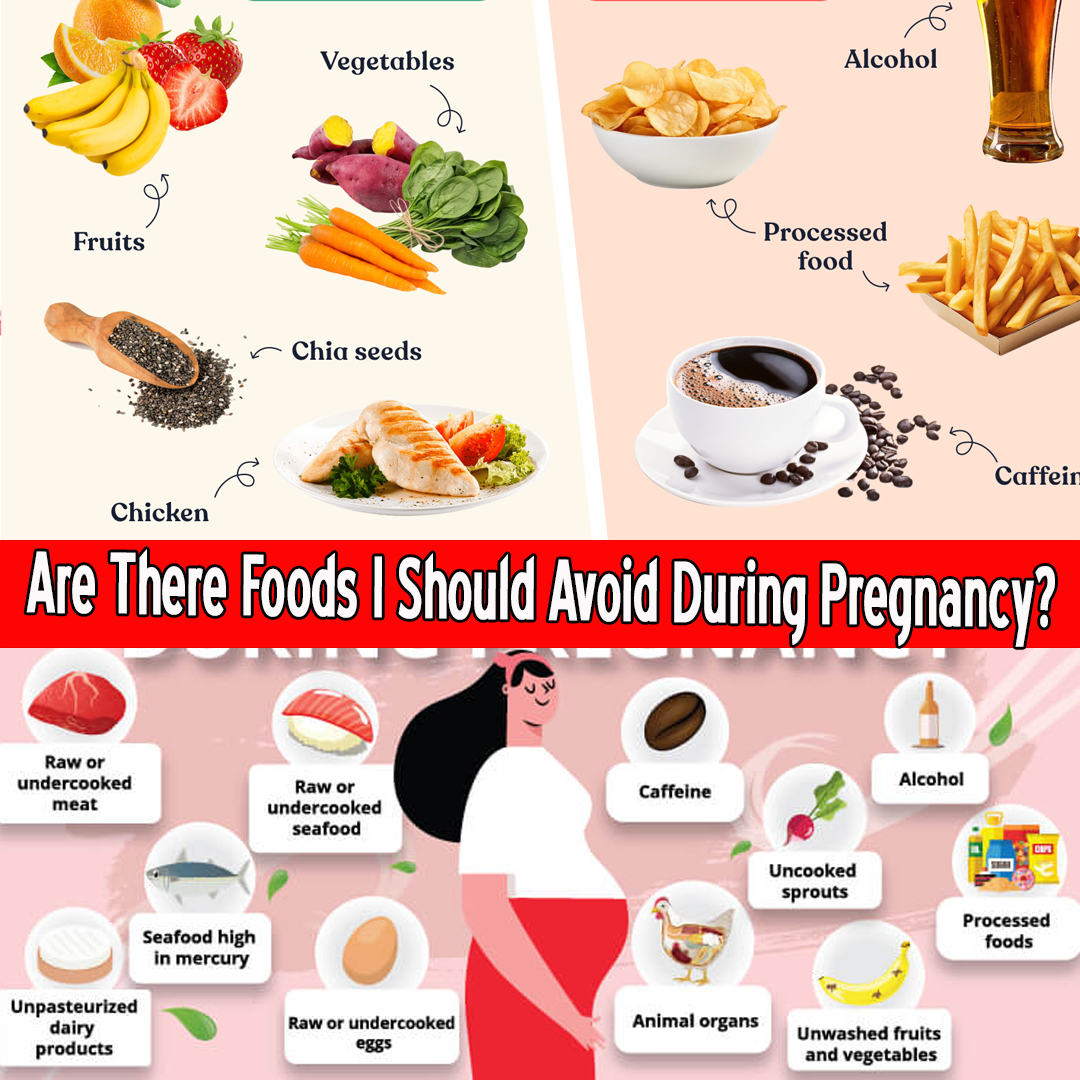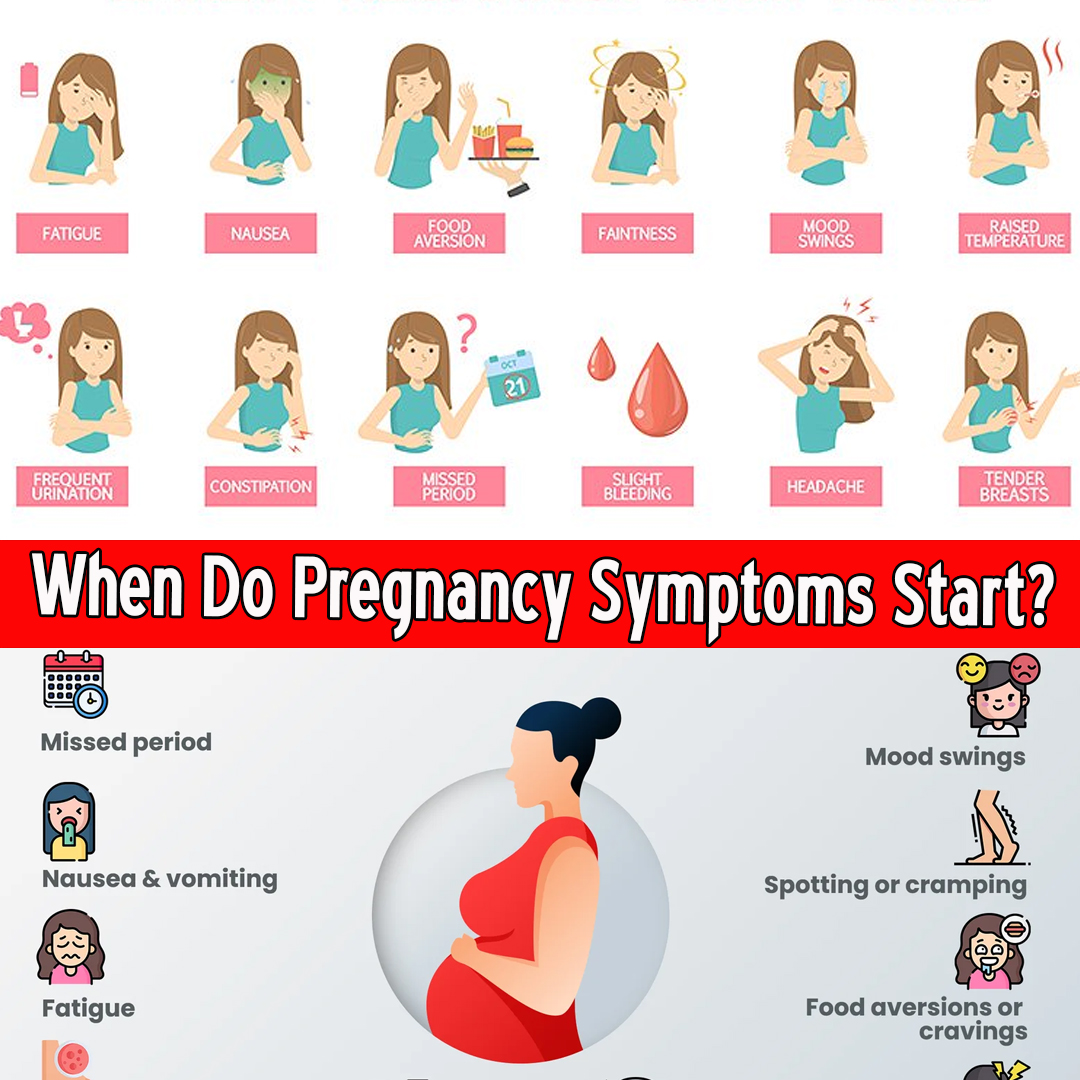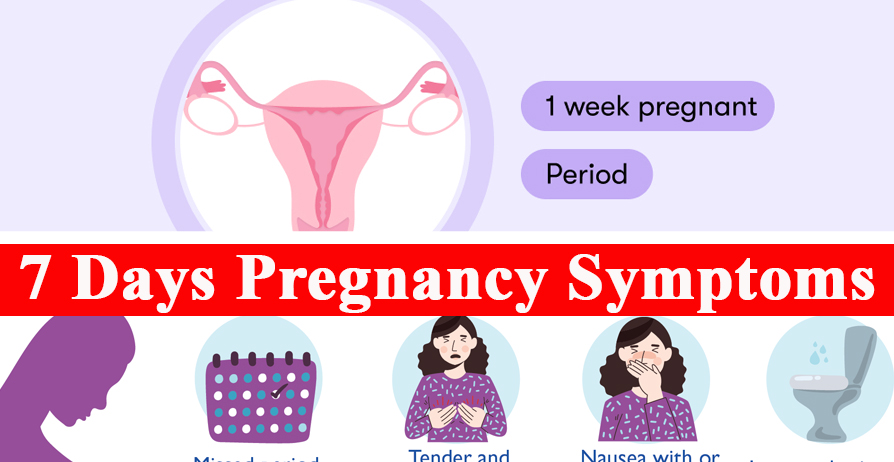How Can I Treat Morning Sickness?
Morning sickness — characterized by nausea and sometimes vomiting — is one of the most common symptoms of early pregnancy. Contrary to its name, morning sickness can strike at any time of the day or night, affecting about 70–80% of pregnant women to varying degrees.

How can I treat morning sickness?
Though it is typically harmless to both the mother and the baby, severe cases can interfere with daily life and lead to complications such as dehydration or weight loss. Fortunately, there are numerous natural, medical, and lifestyle-based treatments to help manage or even prevent morning sickness.
This essay explores everything you need to know about treating morning sickness, including causes, triggers, remedies, medications, and when to seek help.
1. What Is Morning Sickness?
Morning sickness refers to nausea and vomiting that occurs during pregnancy, usually in the first trimester. For most women, it starts around week 6, peaks between weeks 8 and 10, and subsides by week 14–16. However, some may experience symptoms earlier, later, or throughout pregnancy.
2. What Causes Morning Sickness?
Morning sickness is primarily triggered by hormonal changes in early pregnancy. The exact cause isn’t completely understood, but contributing factors include:
- Rising levels of human chorionic gonadotropin (hCG)
- Increased estrogen and progesterone levels
- Enhanced sense of smell and taste
- Slower digestion due to progesterone
- Fatigue and stress
Certain women may be more likely to experience morning sickness, especially those with:
- A history of nausea with birth control or motion sickness
- A prior pregnancy with morning sickness
- Multiple gestation (twins, triplets)
- Migraines
3. Symptoms of Morning Sickness
Common signs include:
- Nausea with or without vomiting
- Sensitivity to smell
- Fatigue
- Loss of appetite
- Food aversions
4. When Is Morning Sickness Severe?
A small percentage of women develop hyperemesis gravidarum, a severe form of morning sickness that includes:
- Persistent vomiting
- Weight loss over 5% of pre-pregnancy body weight
- Dehydration
- Electrolyte imbalance
This condition requires immediate medical attention and often hospitalization.
5. Natural Home Remedies for Morning Sickness
Many women manage morning sickness using natural methods that are safe, simple, and effective.
A. Ginger
Ginger is one of the most well-researched remedies for nausea.
How to use:
- Ginger tea (boil fresh ginger slices in water)
- Ginger candies, lozenges, or capsules
- Ginger ale (natural and unsweetened preferred)
B. Vitamin B6 (Pyridoxine)
This vitamin can help reduce nausea. Often recommended at 25 mg 3 times daily (up to 100 mg/day), but only under medical guidance.
C. Lemon
The citrusy aroma and acidity can relieve nausea.
How to use:
- Sniff fresh lemon slices or lemon oil
- Sip lemon water
- Use lemon drops or lemon ginger tea
D. Peppermint
Peppermint has soothing properties.
How to use:
- Peppermint tea
- Inhale peppermint essential oil
- Use peppermint candies
E. Acupressure Wristbands
Worn on the inner wrist, these stimulate pressure points (like P6/Neiguan) to reduce nausea.
6. Lifestyle Changes to Manage Morning Sickness
Sometimes, simple changes in your daily routine can make a huge difference.
A. Eat Small, Frequent Meals
Avoid an empty stomach, which can worsen nausea. Eat 6–8 small meals throughout the day.
B. High-Protein, Low-Fat Diet
Protein helps reduce nausea, while greasy or spicy foods can aggravate it.
C. Eat Dry Foods First
Crackers, toast, or plain biscuits upon waking can help settle your stomach.
D. Stay Hydrated
Sip water, clear soups, or electrolyte drinks slowly throughout the day. Avoid drinking large amounts all at once.
E. Avoid Triggers
Strong odors, stuffy rooms, and hot places can intensify symptoms. Identify and avoid your personal triggers.
F. Get Plenty of Rest
Fatigue can make nausea worse. Try to nap during the day and sleep 7–9 hours at night.
G. Keep Air Flowing
Open windows, use fans, or step outside to get fresh air.
7. Safe Medications for Morning Sickness
If natural remedies and lifestyle changes don’t help, certain medications are considered safe during pregnancy — but only under a doctor’s guidance.
A. Vitamin B6 + Doxylamine
This combination is often the first-line medication. Available as:
- Prescription combo (like Diclegis or Doxinate in India)
- OTC options (Unisom + B6)
B. Antiemetics (Prescription)
- Promethazine (Phenergan)
- Ondansetron (Zofran) – commonly used, but controversial in early pregnancy due to mixed safety data
- Metoclopramide (Reglan) – sometimes used for persistent vomiting
C. Antacids and Acid Reducers
For nausea linked to acid reflux:
- Tums (calcium carbonate)
- Ranitidine / Famotidine (H2 blockers)
8. Hydration Tips for Severe Morning Sickness
If vomiting is frequent, dehydration becomes a real concern.
Signs of dehydration:
- Dry mouth
- Dark urine
- Dizziness
- Fast heartbeat
Tips to stay hydrated:
- Sip fluids slowly throughout the day
- Try ice chips, popsicles, or coconut water
- Drink ORS (oral rehydration solution) for electrolytes
- Consider IV fluids in severe cases (in hospital)
9. Dietary Tips to Reduce Nausea
| Eat More Of: | Avoid: |
|---|---|
| Plain rice, toast | Spicy foods |
| Bananas, applesauce | Oily/fried foods |
| Broth, soups | Caffeine |
| Yogurt, cheese | Very sweet items |
| Nuts, boiled eggs | Processed junk foods |
| Ginger, lemon | Overeating large meals |
10. Emotional and Psychological Support
Morning sickness can affect your mood, especially if it limits your activities.
Coping tips:
- Talk to other pregnant women (online support groups or local prenatal classes)
- Be kind to yourself — it’s temporary
- Ask for help from your partner, friends, or family
- Don’t hesitate to see a therapist if it affects your mental well-being
11. When to See a Doctor
Seek medical help if you experience:
- Vomiting more than 3–4 times per day
- Weight loss over 2–3 kg in a week
- Signs of dehydration
- Cannot keep any food or liquid down
- Blood in vomit
You may need medications, IV fluids, or temporary hospitalization if hyperemesis gravidarum is suspected.
| Read more – Which Prenatal Vitamin is Best? |
12. Morning Sickness Myths and Facts
| Myth | Fact |
|---|---|
| “It only happens in the morning.” | It can occur any time, day or night. |
| “Morning sickness harms the baby.” | Mild to moderate nausea does not. |
| “Boys cause less nausea than girls.” | No strong scientific proof supports this. |
| “You can prevent it completely.” | You can reduce it, but not always avoid it. |
13. Natural Supplements to Consider
Check with your doctor before taking any supplements.
- Magnesium – May help reduce nausea and muscle cramps
- Chamomile tea – Soothes the stomach and aids sleep
- Probiotics – May help gut balance and improve digestion
- Mint, fennel seeds – Natural digestive aids
14. Morning Sickness and Pregnancy Outcomes
Interestingly, research shows that women who experience some level of morning sickness may have a slightly lower risk of miscarriage, as it reflects rising hormone levels. However, every pregnancy is different, and the absence of morning sickness is not a cause for concern.
15. Can Morning Sickness Return Later in Pregnancy?
In most cases, morning sickness subsides by week 16, but for some women, it may:
- Persist into the second or third trimester
- Reappear due to acid reflux, fatigue, or hormonal shifts
Keep in touch with your doctor if symptoms come back later in pregnancy.
16. Final Tips and Encouragement
- Stay proactive: manage symptoms early.
- Listen to your body: rest, hydrate, and eat what feels right.
- Be patient: most women feel better by the second trimester.
- Seek medical support when needed — don’t wait for symptoms to worsen.
Conclusion
Morning sickness may be a common part of pregnancy, but it doesn’t mean you have to suffer silently. By combining dietary adjustments, natural remedies, medications when needed, and lifestyle changes, you can minimize its impact and continue enjoying a healthy, fulfilling pregnancy.
If nausea becomes overwhelming or persistent, consult your OB-GYN early to avoid complications and ensure the best care for you and your baby. The good news? For most women, this phase passes, leaving behind the joy of expecting a new life.















Leave a Reply